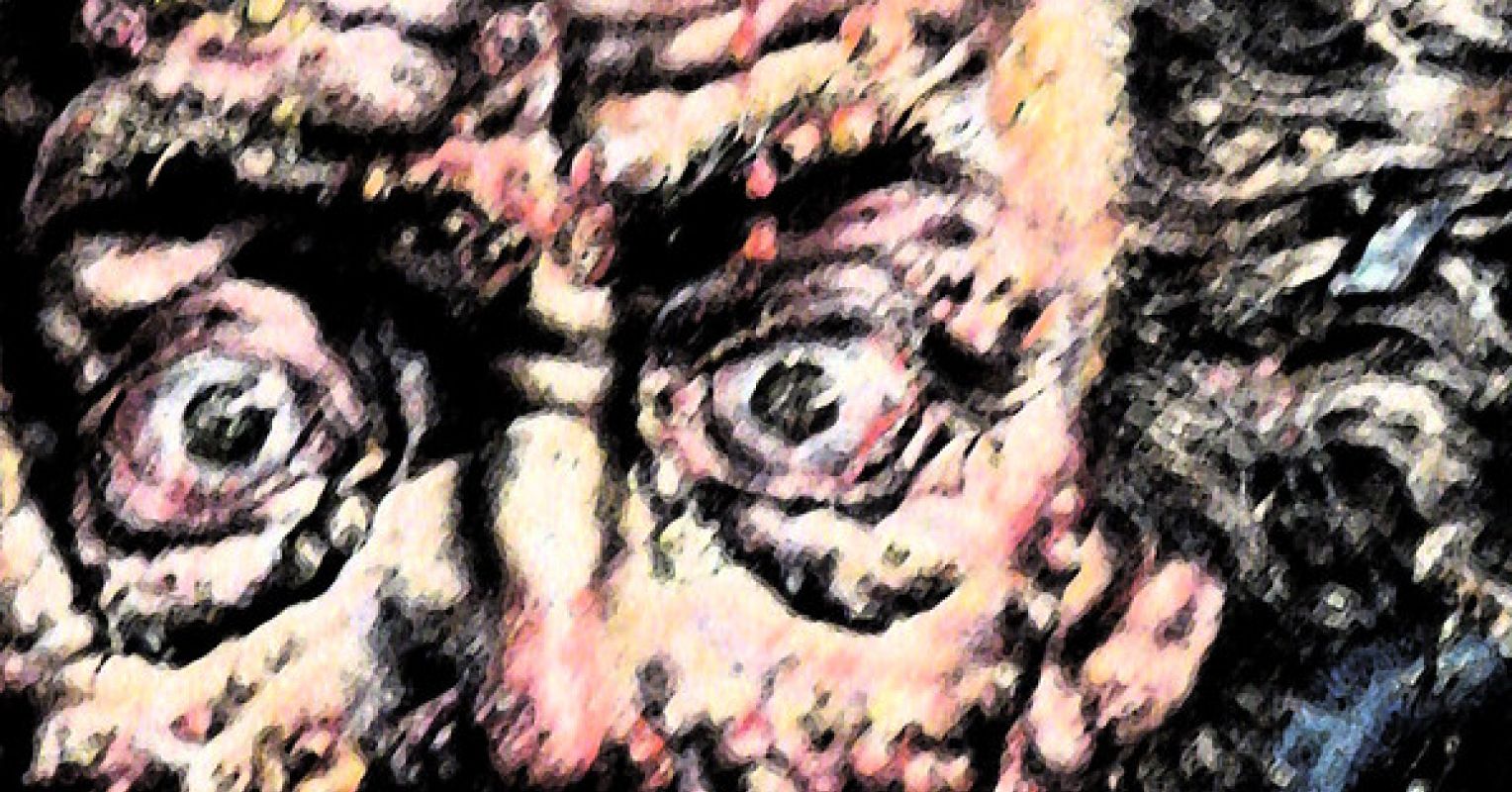
"Faust, the greying academic who feels life has passed him by, and Dorian Gray, a young man seemingly full of promise, each embark on changed lives that lead to debauchery and the promise of intense pleasure. Both Faust and Dorian Gray appear innocent at the outset, but their innate inclinations tend towards living dangerously, impulsively and in ways that implicate significant psychopathic characteristics. Both of them are encouraged, aided and abetted in their transformations by outside forces - Faust by Mephistopheles, the devil,"
"and Dorian Gray by Lord Harry Wotten, a high society rake. Mephistopheles promises Faust all the youth and pleasures he seeks in return for his soul. Lord Henry is more subtle and introduces Dorian Gray to a life of hedonistic pleasure and debauchery. As Dorian Gray spirals downward over many years, his outward appearance remains youthful and unchanged, but a portrait that had been painted of him while still innocent undergoes profound changes reflecting his actual decline into a grotesque form."
"Callous and concentrated on evil Faust, in his pleasure quest, seduces a woman who kills her baby in a state of madness that Faust precipitated. A woman Dorian Gray seduced commits suicide. Psychopathy researcher, Dr. J. Reid Meloy, draws from Oscar Wilde's book as the epigraph for his seminal work The Psychopathic Mind:3 [For those showing psychopathic characteristics,] "Choice is taken from them, and conscience is either killed, or if it lives at all, lives but to give rebellion its fascination,"
Two literary protagonists, Faust and Dorian Gray, undergo radical transformations from apparent innocence to hedonistic lifestyles exhibiting psychopathic traits. Faust, an ageing academic, seeks youth and pleasure through Mephistopheles' promise in exchange for his soul. Dorian Gray, influenced by Lord Henry, adopts a life of decadence while a portrait bears the marks of his moral decay as his outward appearance remains unaltered. Both characters act impulsively and dangerously, precipitating tragic outcomes including infanticide and suicide among those they seduce. The portrayals illustrate how innate inclinations combined with external corrupting influences can drive individuals toward callous, concentrated evil.
Read at Psychology Today
Unable to calculate read time
Collection
[
|
...
]